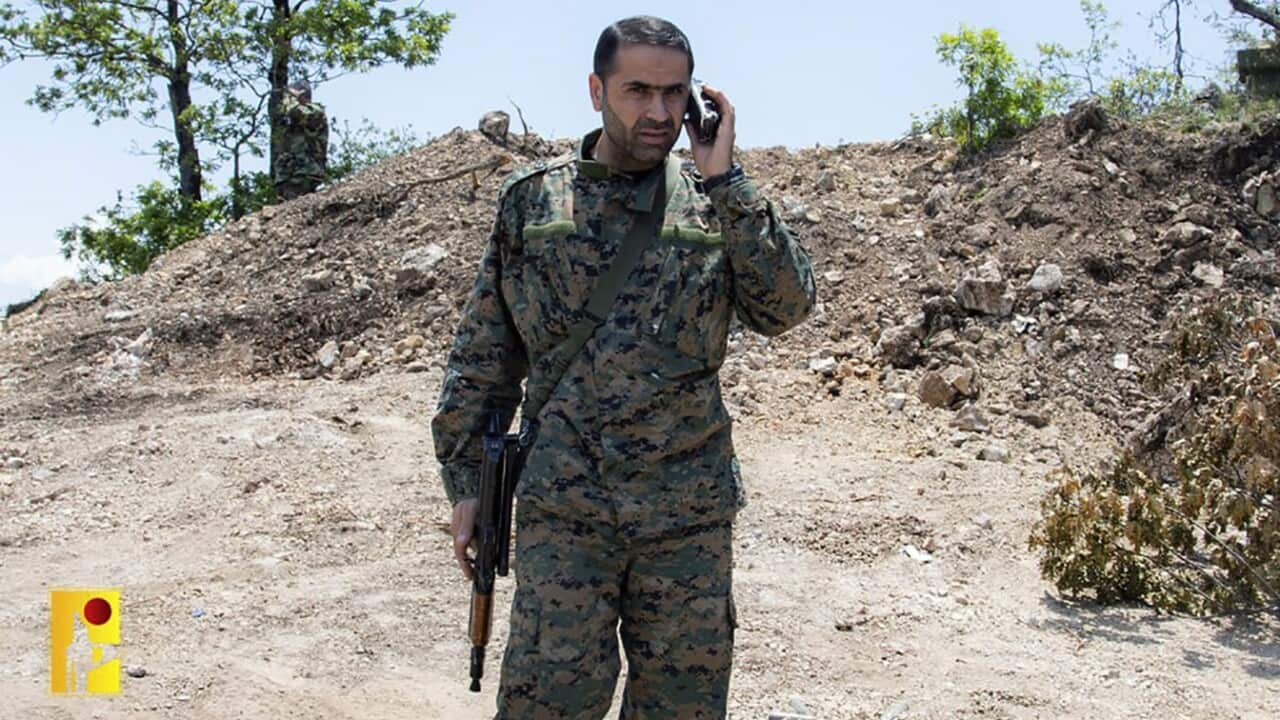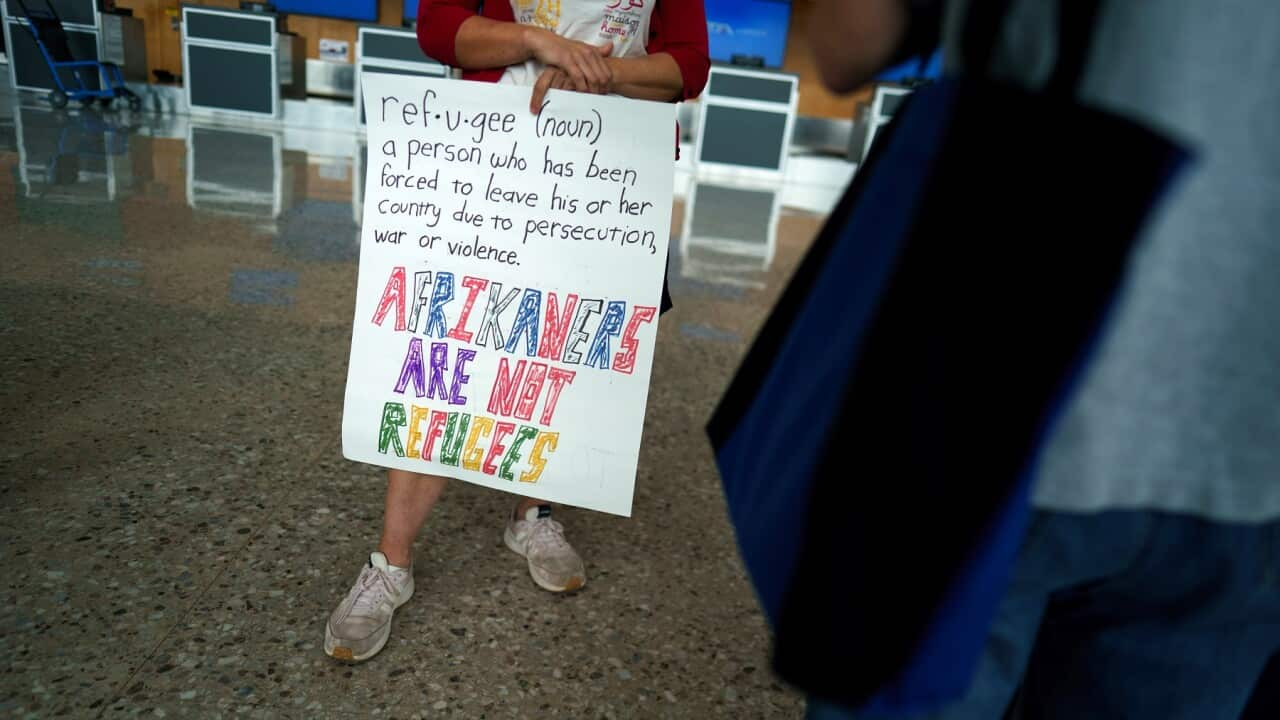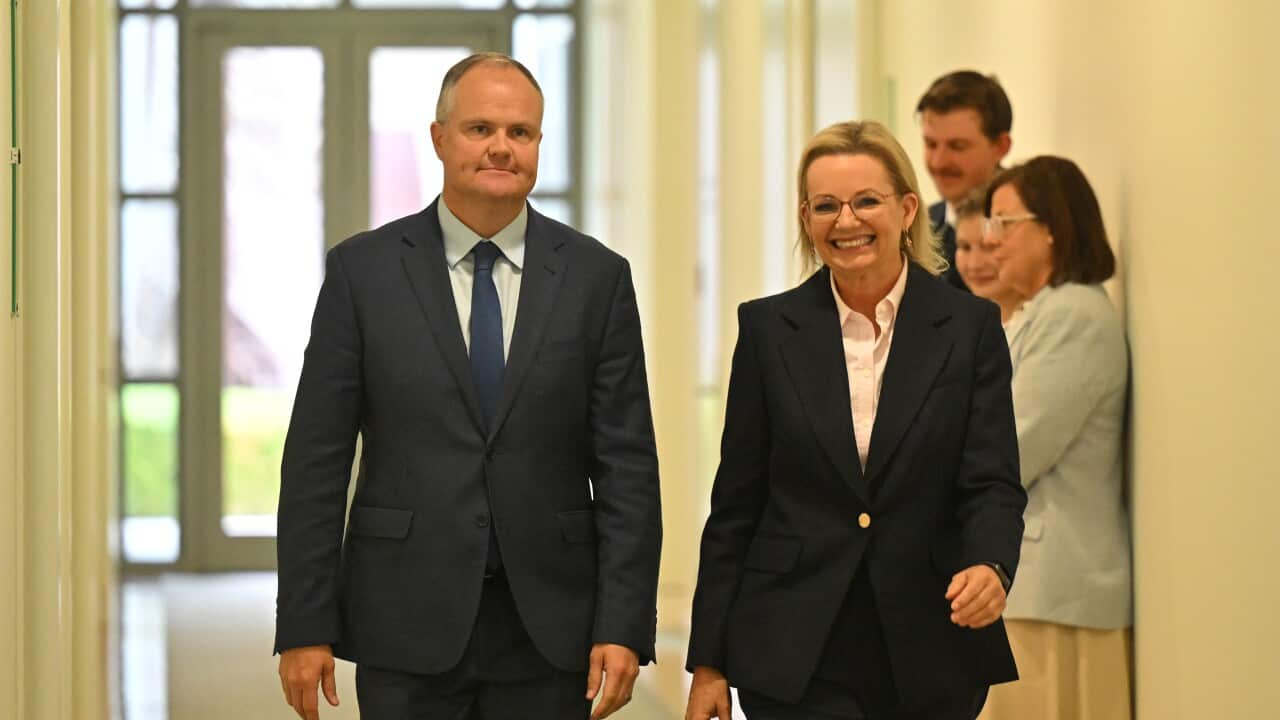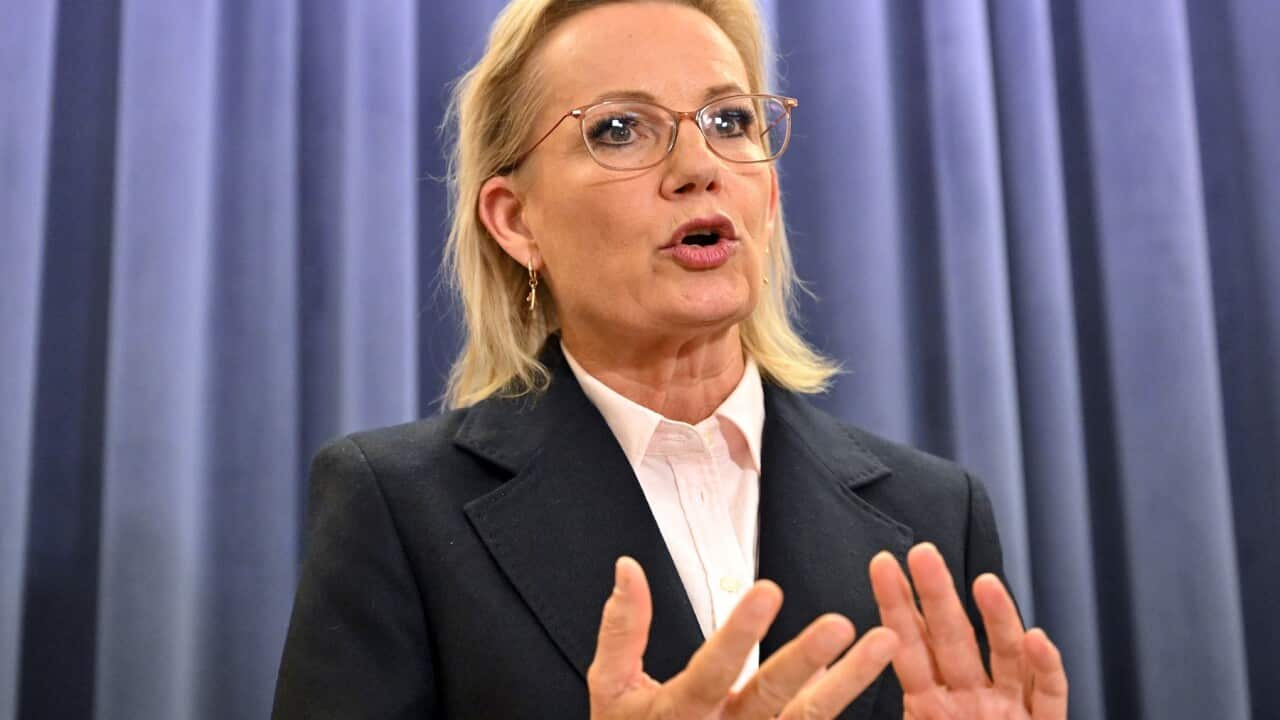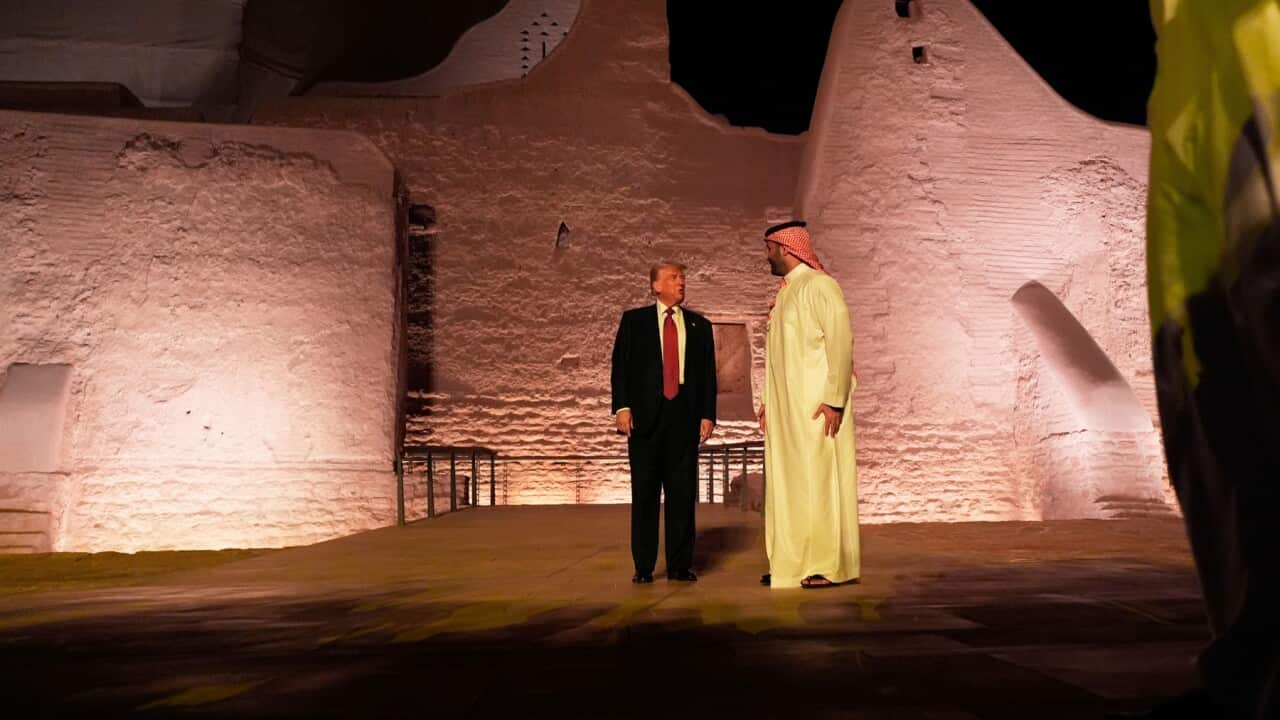TRANSCRIPT
A suspected Israeli drone strike on southern Lebanon has killed a senior Hezbollah commander.
Wissam al-Tawil, the deputy head of a unit within Hezbollah's elite Radwan force, was killed, along with another Hezbollah fighter, when their car was hit by a strike on the Lebanese village of Majdal Selm.
The killing of Al-Tawil has raised fears of a the war escalating.
Florencia Soto Niño is the Associate spokesman for the United Nations Secretary-General.
“Every day, these developments that we have been seeing pretty much all of last week and today, just reemphasized our concern for the fact that this conflict has the potential to become a more widespread conflict. We continue to call for restraint and for all of the actors involved to do everything in their power to prevent the escalation of the situation in the region.”
Israel has killed more than 130 Hezbollah fighters in southern Lebanon in cross-border skirmishes in the aftermath of the October 7 Hamas attacks.
Another 19 Hezbollah fighters have been killed in Syria.
The Palestinian health ministry, run by the Gazan authorities, says at least 249 Palestinians have been killed and 510 wounded in the last 24 hours in Gaza.
The attack comes as US Secretary of State Antony Blinken, who has backed Israel while expressing growing concern over civilian casualties, travels the region holding talks on Gaza in an attempt to prevent the outbreak of a wider war.
Mr Blinken believes that preventing the the war from further escalation is in everyone's best interests.
“It’s clearly not in the interest of anyone, Israel, Lebanon, Hezbollah for that matter to see this escalate and to see an actual conflict. And the Israelis have been very clear with us - that they want to find a diplomatic way forward that creates the kind of security that allows Israelis to return home. Nearly 100-thousand Israelis have been forced to leave their homes in northern Israel because of the threat coming from Hezbollah in Lebanon. But also allows Lebanese to return to their homes in southern Lebanon. And we're working intensely on that effort and doing so diplomatically.”
And spokesman for the Iranian Foreign Ministry Nasser Kanaani has accused the United States of failing to address the underlying cause of the war, causing it to extend for too long.
“The root cause of instability is occupation. The root cause of the current crisis and the 3-month-long atrocities by the Zionist regime against Gaza's defenceless people is 75 years of occupation, and the fact that the U-S has stood behind the occupier against the oppressed nation. If they are honestly after resolving the crisis, they must pay attention to these root causes and stop their unlimited and unconditional support for the usurping Zionist regime.”
Meanwhile protesters calling for a ceasefire in Gaza interrupted President Joe Biden's speech on Monday.
Biden was speaking at Mother Emanuel Church, in South Carolina, when a group started shouting "ceasefire now".
BIDEN: "Without light, there's no path from this darkness...."
PROTESTER: "If you really care about the lives lost here, you should honour the lives lost and call for a cease-fire in Palestine.:
PROTESTERS: "Cease-fire now... cease-fire now...”
As the demonstrators were escorted out of the church, event attendees drowned the chants shouting, "four more years", in a show of support for Biden's re-election bid.
Responding to protesters, Biden later said he had been working quietly with the Israeli government to encourage it to reduce its attacks and "significantly get out of Gaza".
UNICEF has renewed calls for a cease fire as children continue to be caught in the crossfire, saying the war is threatening over 1.1 million children in Gaza.
The body announced over the weekend that a survey conducted on December 26th found that about 90 percent of Gazan children under the age of two consume two or fewer food groups with most children reportedly only surviving on grains or milk.
Chief of Field Operations and Humanitarian Coordination - UNICEF Lebanon, Maulid Warfa says children's living conditions are increasingly deteriorating, with an increased risk of child deaths.
“We are here receiving 600,000 doses of routine vaccination, very, very critical for the life and the well-being of children. UNICEF and our partners are trying to do everything possible that we can do to protect and save the lives of the innocent children that have been already displaced by the ongoing war in Gaza. Today, the situation in Gaza is unimaginably stressful for children. We do not want to see children who survived the bombing to die because they are not vaccinated.”
Local health officials say the Israeli offensive in Gaza has so far killed 23,084 Palestinians – including 9,600 children, while Israel says Hamas still holds over 100 hostages of 240 seized during its October 7 attack on Israeli towns that killed about 1200 people.
